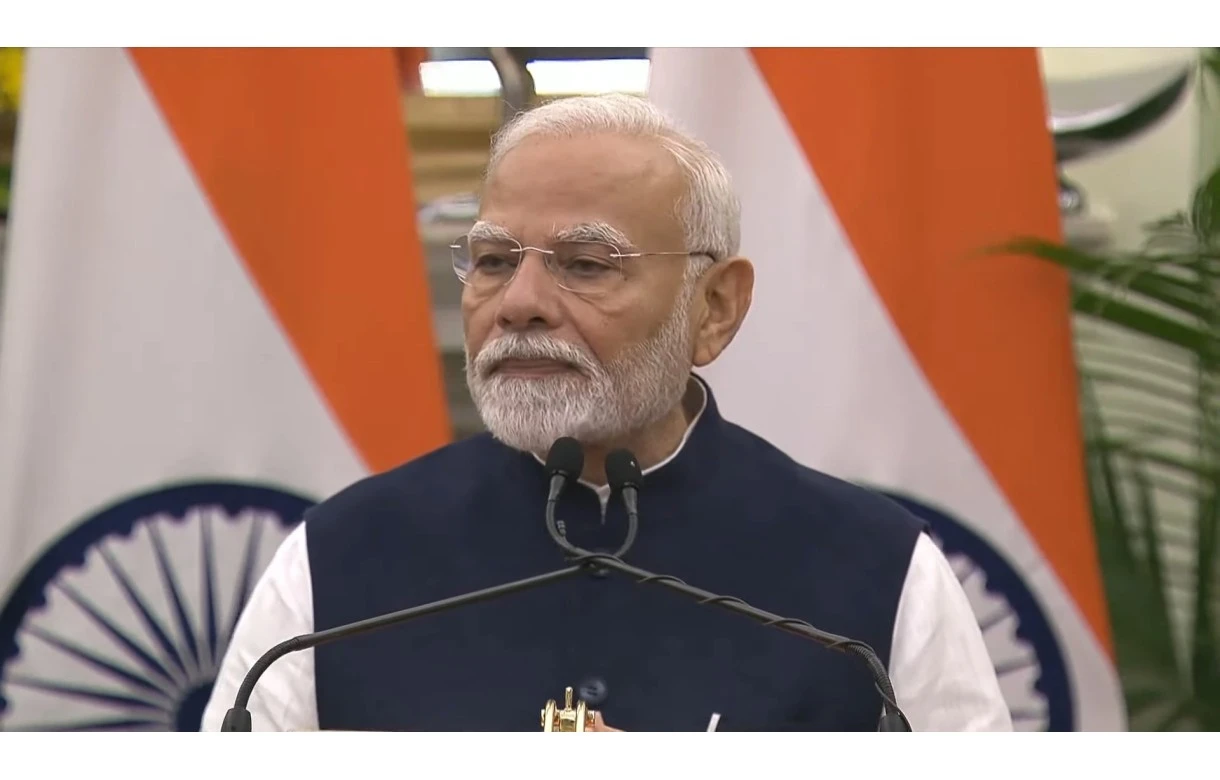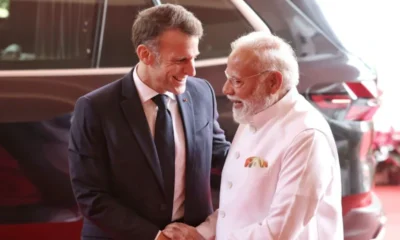India News
PM Modi urges German firms to invest in India, says right time to join country’s growth story
The European nation has decided to increase the number of visas for skilled Indian workers from 20,000 to 90,000.

India News
Tamil Nadu potboiler: Now, Sasikala to launch new party ahead of election
Sasikala has announced the launch of a new political party ahead of the Tamil Nadu Assembly elections, positioning herself against AIADMK chief Edappadi K Palaniswami.
India News
As stealth reshapes air combat, India weighs induction of Sukhoi Su-57 jets
India is assessing the possible induction of up to 40 Sukhoi Su-57 fifth-generation fighter jets as stealth becomes central to future air combat strategy.
India News
RSS chief backs nationwide rollout of Uniform Civil Code, cites Uttarakhand model
RSS chief Mohan Bhagwat has supported nationwide implementation of the Uniform Civil Code, urging adoption of the Uttarakhand model.
-

 India News18 hours ago
India News18 hours agoDMK leader’s son arrested after car rams family in Krishnagiri, one dead
-

 India News17 hours ago
India News17 hours agoRSS chief backs nationwide rollout of Uniform Civil Code, cites Uttarakhand model
-

 India News8 hours ago
India News8 hours agoAs stealth reshapes air combat, India weighs induction of Sukhoi Su-57 jets
-

 Cricket news8 hours ago
Cricket news8 hours agoRinku Singh returns home from T20 World Cup camp due to family emergency
-

 India News7 hours ago
India News7 hours agoTamil Nadu potboiler: Now, Sasikala to launch new party ahead of election













